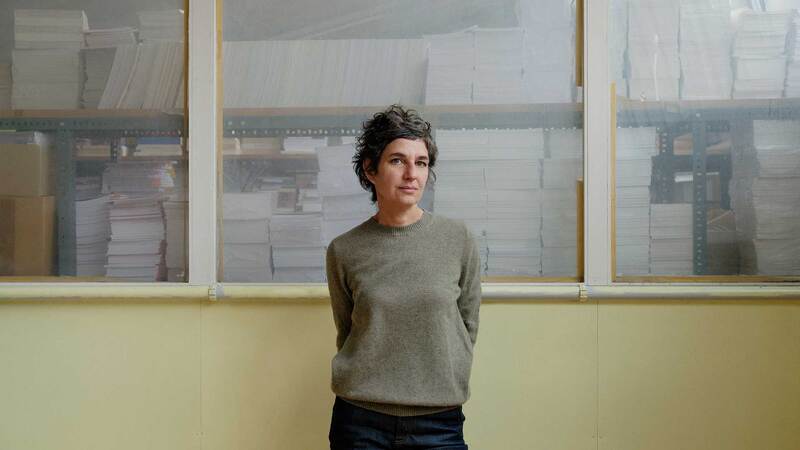You are viewing your 1 free article this month. Login to read more articles.
STEM the star for British lists in Shanghai
British publishers experienced “extraordinary” interest in their titles at last week’s Shanghai International Book Fair, with Chinese buyers particularly interested in picture books and science titles.
Kavi Meswania, rights manager at Hachette Children’s Group, said publishers were interested in books about climate change and ecology. STEM titles were “hot” and there was a lot of interest in books about coding and maths, he said.
Elle Waddington, senior rights executive at Little Tiger Group, said picture books were the most requested titles of the fair, with realism being particularly popular. “We’ve seen few translated fiction titles on Chinese stands, but interest in middle-grade and adventures are picking up. YA is still a big no-go.”
Several publishers said buyers were looking for books that help children manage their emotions, and Liz White, senior rights manager at Andersen Press, said many lists were interested in The Problem with Problems by Rachel Rooney and Zehra Hicks and Duck and Penguin are Not Friends by Julie Woolf.
Meswania and Nick Ackland, founder of I am a Bookworm, said buyers were also increasingly looking for books for babies or young children. Ackland said they wanted English-language baby books, while Meswania noticed strong demand for baby books with a scientific theme.
Nosy grow
Kate Wilson, m.d. of Nosy Crow, said: “This is my fifth year of being in China. Before, people only wanted picture books but now they are looking at a wider range of things. Their impulse is for educational books but now they are more enthusiastic about reading for pleasure.”
There has been a big rise in internet selling and online platforms are very influential, but China is still a print-based market, Wilson added. “Publishers sometimes want digital rights but the market feels predominantly about print.” There is, however, lots of enthusiasm for English-language audiobooks, she claimed.
According to Ren Dianshun, editor-in-chief of China Publishers Magazine, the market for children’s books in China grew by 9.7% in 2017. Online retail channels now account for 80% of sales, up from 50% in 2016, he said, quoting statistics from OpenBook.
The number of imports is high, with around 50% of titles published in China coming from overseas. CITIC imported 75.1% of its titles issued last year, and 21st Century Group imported 46.3%, for example. But Ren predicted homegrown titles would take a larger share of the pie in coming years.
Xu Jiong, director of Shanghai Press & Publication Administration, the government department that organises the fair, said it welcomed 160 international exhibitors this year, more than double last year’s total (79). Xu is keen to encourage more foreign visitors, and said he wanted more from Africa, South America and the Middle East, but stressed he wanted to promote Chinese talent as well.
“It is our duty to guarantee that the market will see new, young authors. Only by doing so can we guarantee the vitality of the market,” he said. “We are encouraging publishers to invest in new talent and are helping financially.”
UK publishers said they were aware that China wants to promote local authors, but claimed that they weren’t seeing any impact on sales.
White said she had heard rumours of it taking longer to get an ISBN for an imported book in China, which would suggest the government is restricting the number available, but she added: “There is no effect on what people on buying.”


















